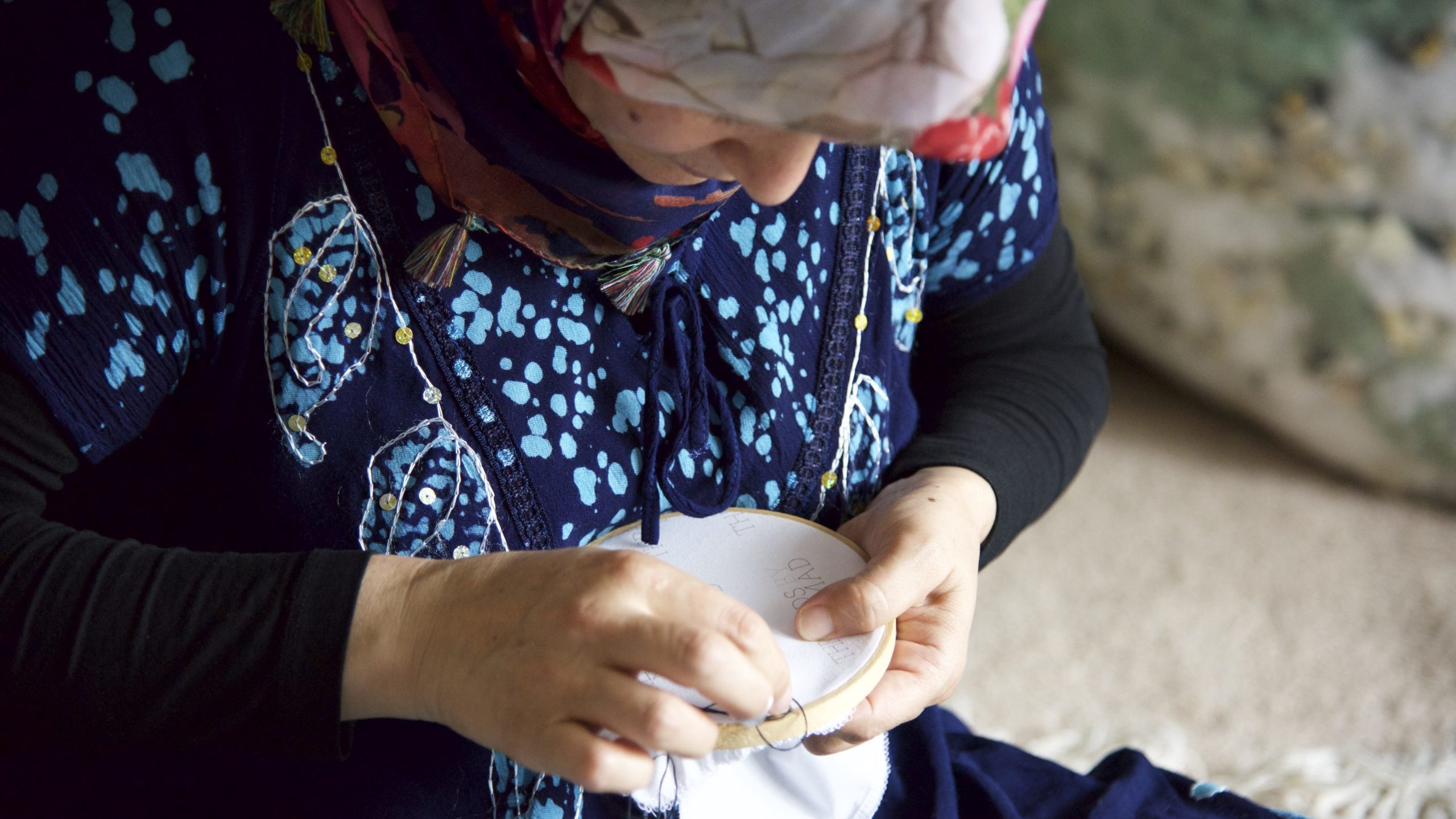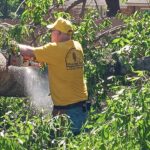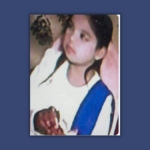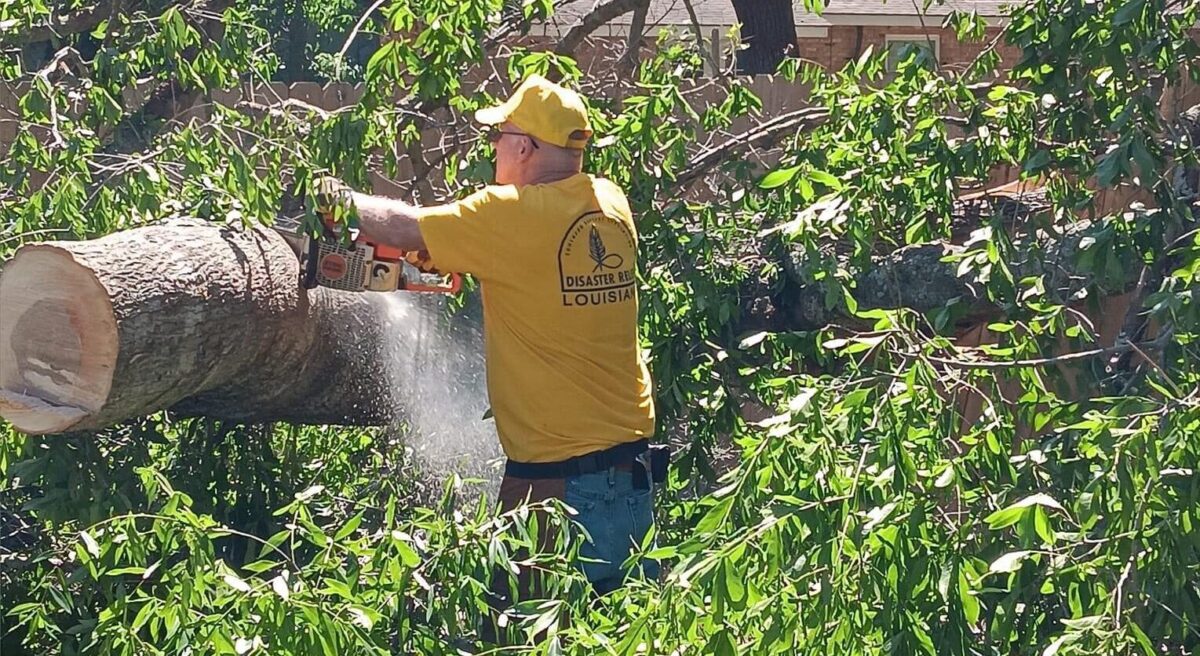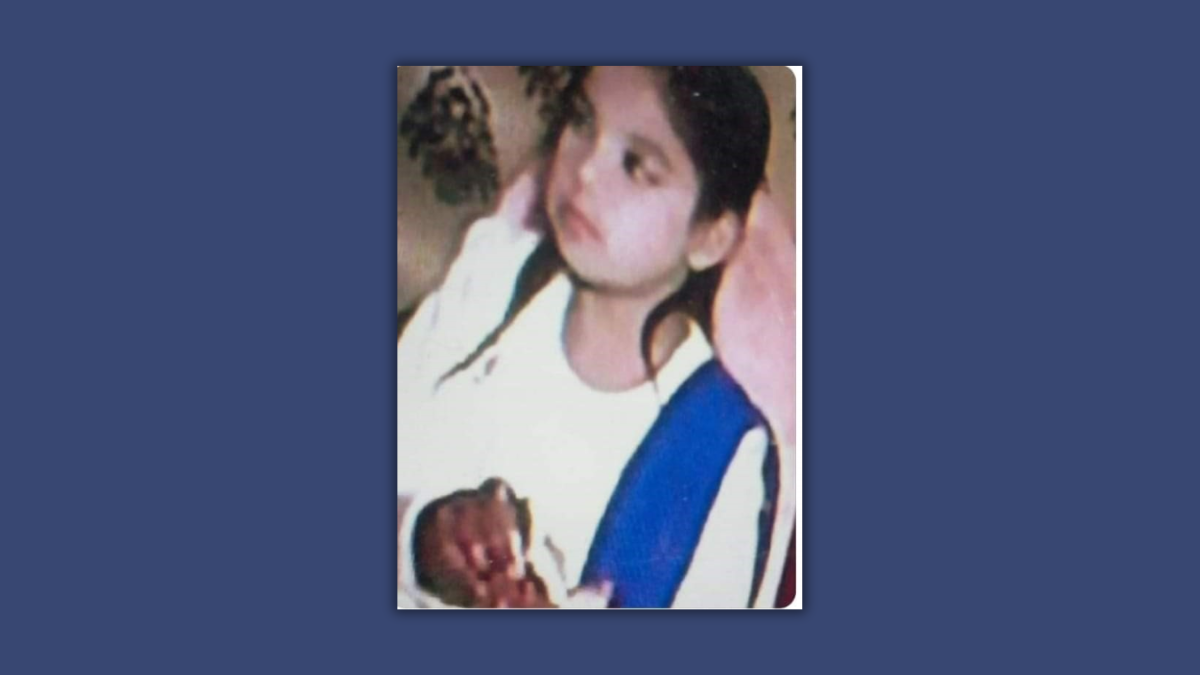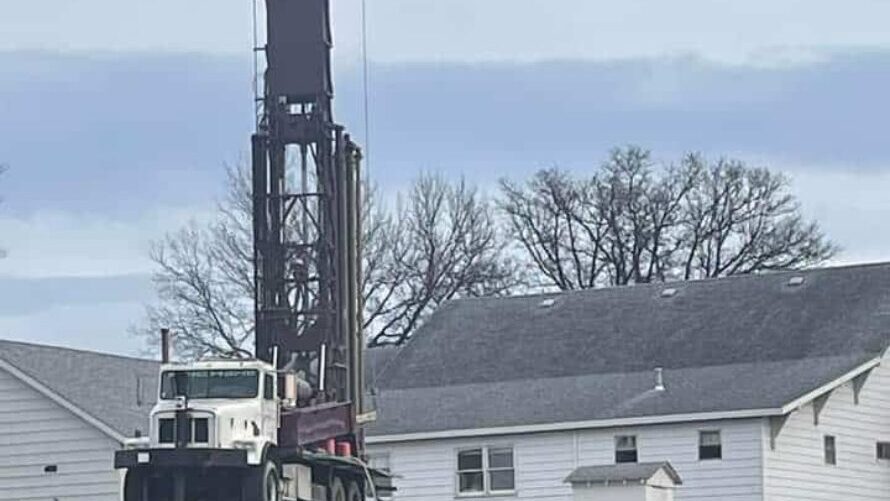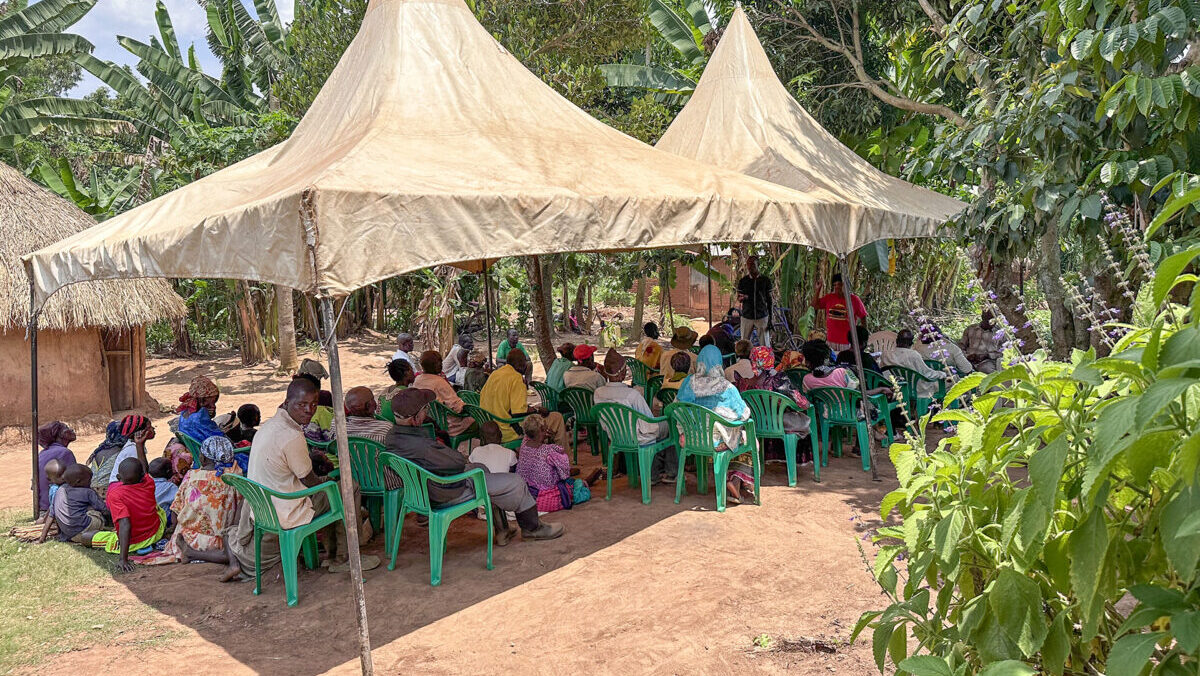An ancient proverb says, “Give a man a fish and you feed him for a day. Teach a man to fish and you feed him for a lifetime.”
“Threads by Nomad” is formerly a Houston-based ministry that recently relocated to Rock Hill, South Carolina. It inspires women to find beauty in their cultural diversity. With a goal of putting refugees to work, women are using their God-given talents of sewing, enabling them to put food on the table and help pay the rent.
“We have a passion for responding to the plight of refugees and addressing human trafficking and its victims,” explained Nell Green, who, with her daughter, Christen Kinard, started a garment company that intentionally hires refugees.
For Green, it wasn’t totally unfamiliar territory. Her mother taught her to sew at age nine. By seventh grade, Green had her own sewing machine and by ninth grade she made her own clothes.
Green and Kinard launched the industry in 2016 when they fulfilled a dream of using their talents as seamstresses with a desire to share the love of Jesus. As a minister, registered nurse and social worker, Green has a passion for responding to the needs of refugees.
She and her husband, Butch, have worked cross-culturally for more than 31 years, the last 20 with refugees. Having served in West Africa and the Middle East, Green developed Global Runway, a program raising awareness of women of other cultures.
Collaborating with refugee artisans
Part of her work is developing manuals and “roadmaps” for churches and other non-profit organizations, teaching them how to address the issue of human trafficking and the needs of refugees. She also headed up regional relief efforts out of Houston following the devastation of Hurricane Harvey in 2017.
Kinard grew up working with refugees alongside her parents. After living and serving in so many countries, the family often thought of themselves as “migrants” or “nomads,” hence the name Threads by Nomad.
“A key component of the production is the hiring of refugees stateside and the enlisting of creators from various countries providing micro-enterprise opportunities,” Green said. “In our work to develop the collections, we have collaborated with refugee artisans living in the United States from Iraq, Iran, Pakistan, the Democratic Republic of Congo, Azerbaijan and Afghanistan, as well as craftsmen from West Africa and East Asia.”
Green is quick to say, “Faith drives what we do. We want American women to support diversity. We want people to realize a business can support them, as well as serve a purpose to help others. We ask: How can my business make a difference?”
Producing clergy robes and stoles can lead to a discussion and questions about Christianity. Even setting up vendor’s tables at Baptist conferences and churches opens the door for talk and prayer.
One of the challenges since the pandemic is ordering fabric from other countries because so many factories have shut down or laid people off. However, by January 2022, Threads by Nomad plans to be in full production.
‘So much generosity’
“I have seen so much generosity since COVID-19,” Green said. “People are stepping up. People want to help others. Let’s all come together and do what we can to help feed those in need, to educate children and to provide health care.
“When we are connected we accomplish so much more. We need to create opportunities for those living in harsh conditions so they can thrive.”
All refugees come into the United States through the United Nations. They are legally vetted, given a Social Security number and work permit. They receive three months of financial assistance from the government and are fully employable. After the three months is up, they must be employed and self-sufficient. Therefore, many highly trained professional migrants take any job available, simply to exist.
Profiles of the artisans
The mission of Threads by Nomad is to build a business that will provide meaningful, fulfilling jobs for refugees at a sustainable wage.
“As with any business, there are challenges,” Green admitted. “Finding the people with the right skills for the various tasks is one example. Another is training people to work full-time to earn a living.”
There are a few requirements, and speaking English is not one. Neither is education, as long as the refugees have needed skills; nor ethnicity and religion. The only requirement is that they came to the United States as refugees.
The following artisans were instrumental in establishing Threads by Nomad (listed by first name only).
Tailoring: Hayder
Hayder is now chief tailor at Threads by Nomad. He came to the United States in 2014 from Iraq because it was dangerous there. At age 12 he became an apprentice, learned the trade and had his own shop in Iraq.
Tailoring: Munir
Munir is from Pakistan. Like Hayder, he became an apprentice at a tailoring shop at age 12. He and his family were in Sri Lanka for four years before they had to flee the area. He came to the U.S. in 2018.
Embroidery & Crochet: Atia
Atia was born in Kabul, Afghanistan, where she learned embroidery and crochet. She came to the United States in 2015 because her country was embroiled in fighting. She wants to make friends, but it is difficult as she doesn’t speak English.
Dolls & Other Gifts: Akram
Born in Isfahan, Iran, the family came to the U.S. in 2017. She and her two daughters were forced to leave Iran as refugees when they became Christians. Akram says, “Americans are really nice. And I love my church. They are my brothers and sisters.”
Artist: Narmin
Born in Baku, Azerbaijan, Narmin lived in the United Kingdom for two-and-a-half years before finally arriving in the U.S. Speaking three languages, she often sings at church and accompanies her husband on the guitar. Narmin shares her experiences and her faith through art.

